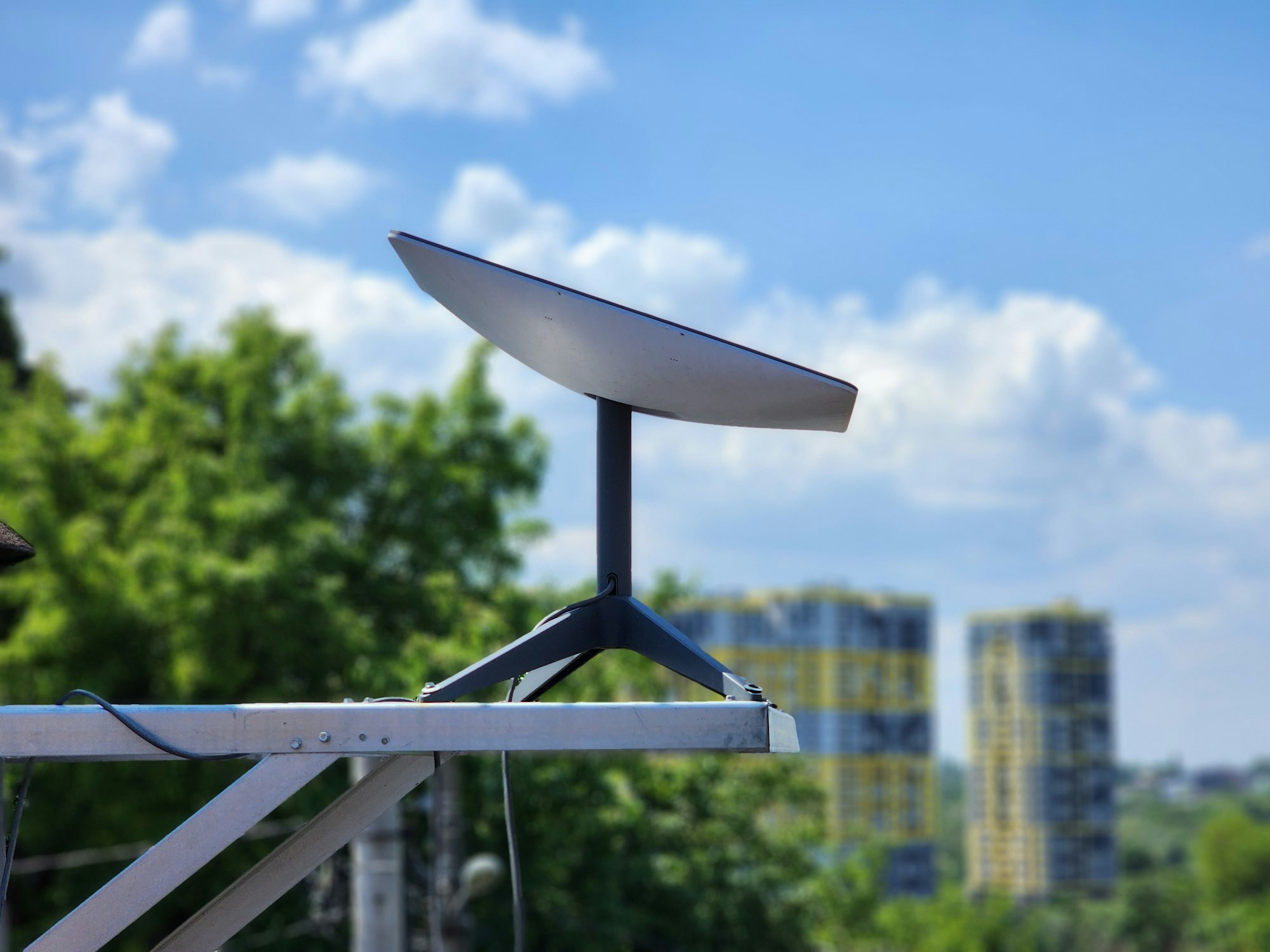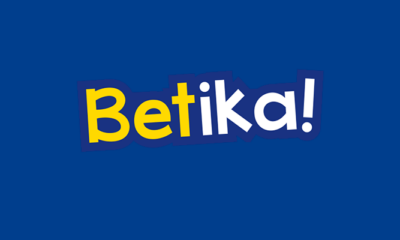News
Starlink Temporarily Halts New Sign-Ups In Nairobi Due To Soaring Demand

American satellite internet firm Starlink has suspended new subscriptions within Kenya’s capital and the neighbouring counties of Kajiado, Machakos, Kiambu and Murang’a, citing a network overload due to soaring demand that has stretched its service capacity.
A spot check on the Elon Musk-owned company’s official website on Monday showed that neither business nor residential packages were available for purchase when one identified any of the counties as the intended residence.
Further, an availability map visible on the site shows that the five locations are whitelisted and marked with a ‘sold out’ tag, meaning that the supply is currently at capacity.
“Starlink residential/business is not available in your area. Enter your email below to be notified about future availability and product updates,” reads a message displayed on purchase attempts.
Since its entry into the local market in late July last year, Starlink has seen its subscriber base grow rapidly in a trend that has seen the multinational enter the top ten list of dominant internet service providers (ISPs) in the country.
As of June this year, official data shows that Starlink had captured a 0.5 percent share of the country’s internet market in its first full year of operation, amassing a subscriber base that totalled 8,063 users during the period.
The disclosures by the Communications Authority of Kenya (CA) pointed to a growing appetite among users for more personalised attention and quality services.
A key advantage Starlink has over its rivals in Kenya is its ability to deliver high-speed, low-latency internet to remote and previously underserved areas, making it an ideal product for Kenya’s rural settings where traditional internet services are limited or unreliable.
Since its entry into Kenya, Starlink has seen its operational model undergo a raft of changes as part of its strategy to net a wider base of subscribers.
Initially, the cost of the service put it out of reach for many people after it emerged that at least Sh100,000 was required for installation, much of which was the purchase price of the hardware kit at Sh89,000.
The cost of the kit has since been slashed to Sh45,500.
In June this year, the multinational introduced a 50 gigabyte (GB) monthly data package at a rate of Sh1,300, which is less than half the price of Airtel, which charges Sh3,000 for a similar package.
Safaricom, on the other hand, sells a 47GB data package that’s includes 2,500 talk minutes and 5,000 SMS for Sh5,000.
In August, Starlink introduced a rental plan for the installation hardware kit, where users pay a monthly rate of Sh1,950 as opposed to the one-off purchase of Sh45,500, on top of the Sh1,300 charge for the 50GB data plan or Sh6,500 monthly service fee for unlimited internet package.
The firm has also lined up plans to launch new satellites with capabilities to connect and deliver internet directly to subscribers’ mobile gadgets without the need for the hardware kit starting next year.
Kenya Insights allows guest blogging, if you want to be published on Kenya’s most authoritative and accurate blog, have an expose, news TIPS, story angles, human interest stories, drop us an email on [email protected] or via Telegram
-

 Business1 week ago
Business1 week agoEastleigh Businessman Accused of Sh296 Million Theft, Money Laundering Scandal
-

 Investigations6 days ago
Investigations6 days agoInside Nairobi Firm Used To Launder Millions From Minnesota Sh39 Billion Fraud
-

 Business7 days ago
Business7 days agoMost Safaricom Customers Feel They’re Being Conned By Their Billing System
-

 Business1 week ago
Business1 week agoEXPLOSIVE: BBS Mall Owner Wants Gachagua Reprimanded After Linking Him To Money Laundering, Minnesota Fraud
-

 News6 days ago
News6 days agoUnfit for Office: The Damning Case Against NCA Boss Maurice Akech as Bodies Pile Up
-

 News7 days ago
News7 days agoTax Payers Could Lose Millions in KWS Sh710 Insurance Tender Scam As Rot in The Agency Gets Exposed Further
-

 Sports1 week ago
Sports1 week agoFury as Bettors Demand Probe Into Betika Over Alleged Unpaid Winnings
-

 News7 days ago
News7 days agoPastor James Irungu Collapses After 79 Hours Into 80-Hour Tree-Hugging Challenge, Rushed to Hospital



























